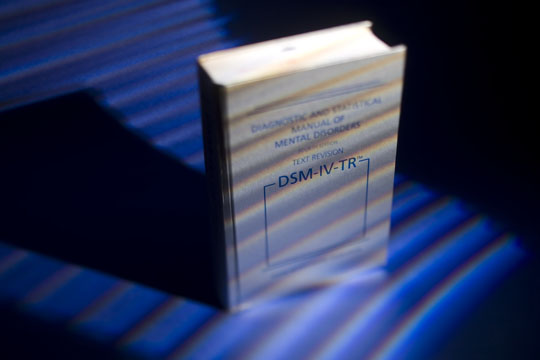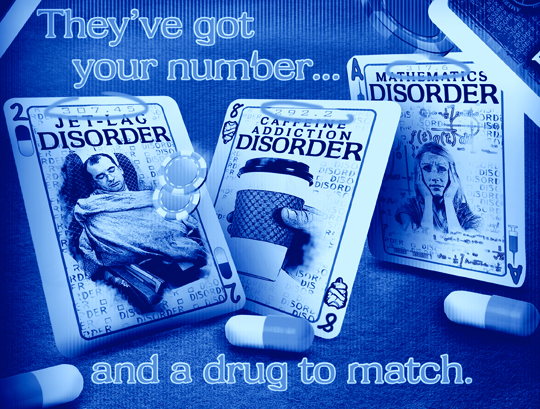
Fox News: A psychiatrist tells the truth— it’s OK not to be ‘normal’
When Mark Twain’s hero Huckleberry Finn was forced to study spelling for an hour every day, he said, “I couldn’t stand it much longer. It was deadly dull, and I was fidgety.” His teacher, Miss Watson, threatened him with eternal damnation if he didn’t pay attention. Huck admits it didn’t seem like such a bad alternative. “But I didn’t mean no harm. All I wanted was to go somewheres; all I wanted was a change, I warn’t particular.”
If that had happened today, Huck would have been diagnosed as ADHD, put on Adderall, and forced to attend school, while the book about his adventures would never have been written.
The American Psychiatric Association invented the term “ADHD” in 1980 to give kids with hyperactivity, impulsivity, short attention span and easy distractibility a diagnosis.
Who would have thought that 28 years later, the National Center for Health Statistics would report that over 5 million American kids (8 percent) between the ages of 3-17 would receive this diagnosis? That’s 1 out of 12, with about half of those on medication.




